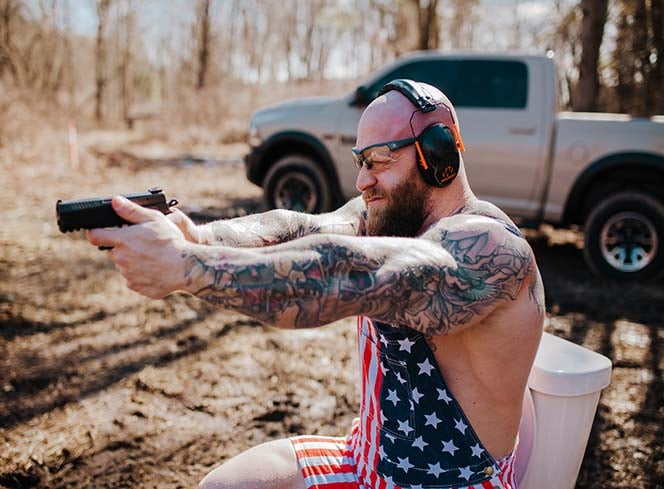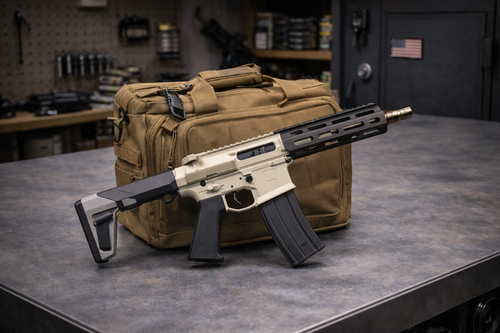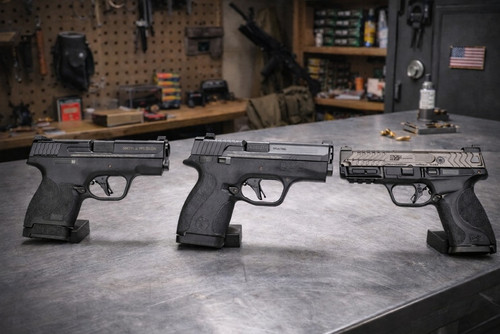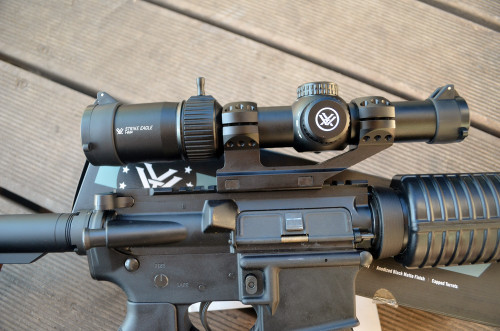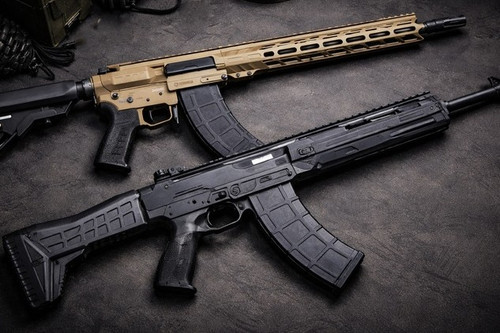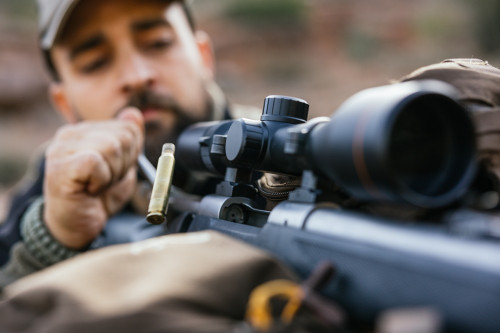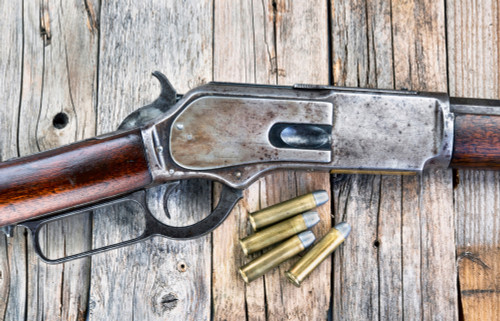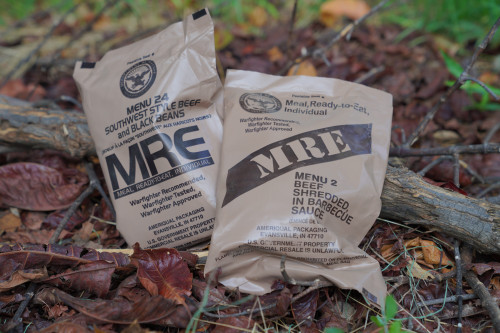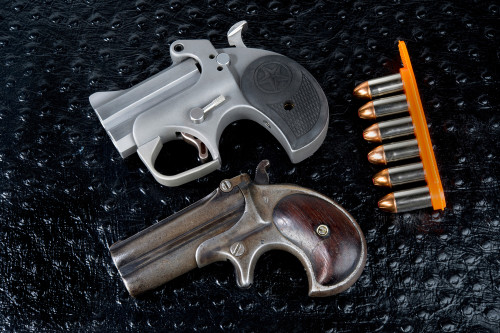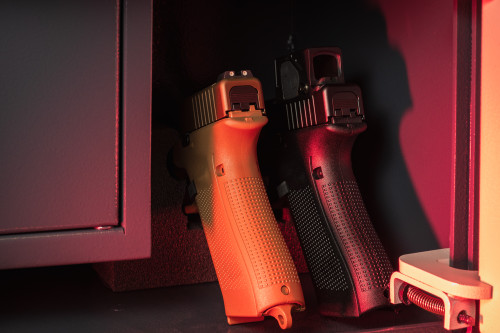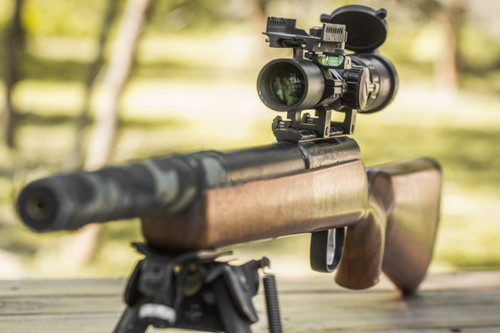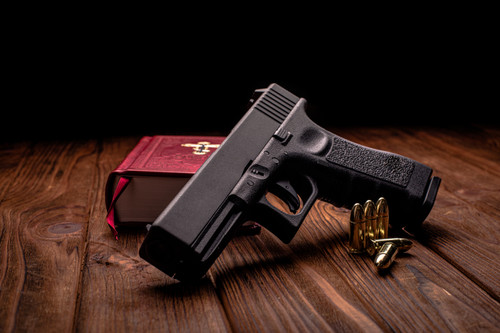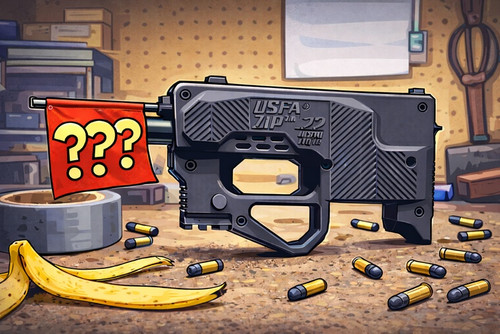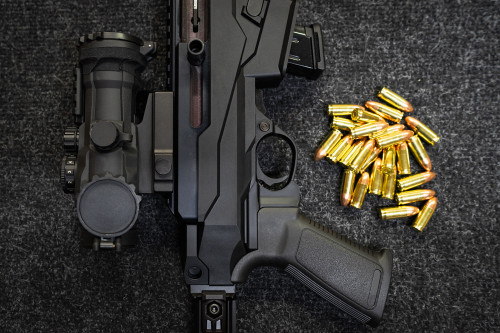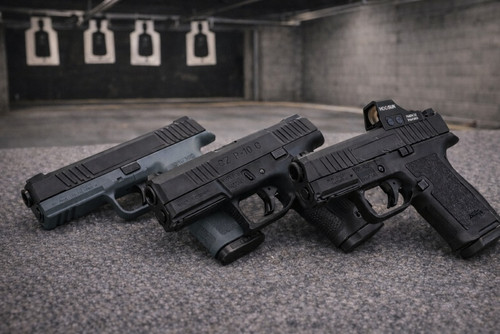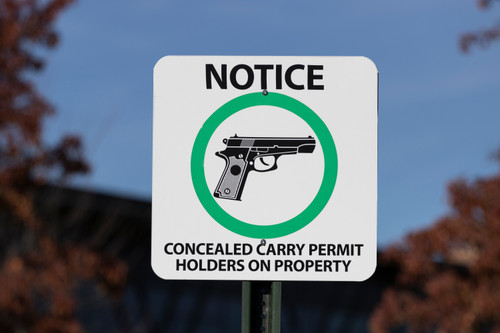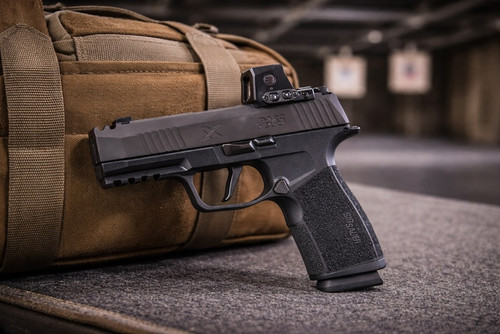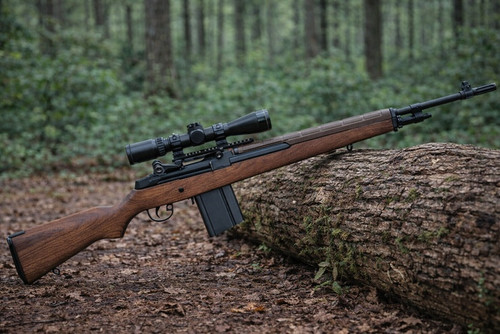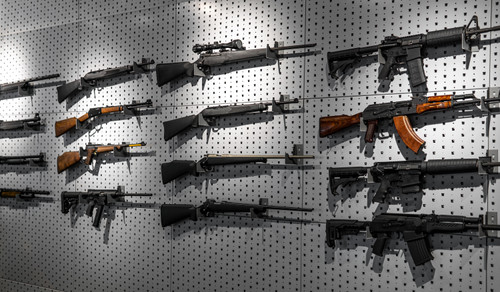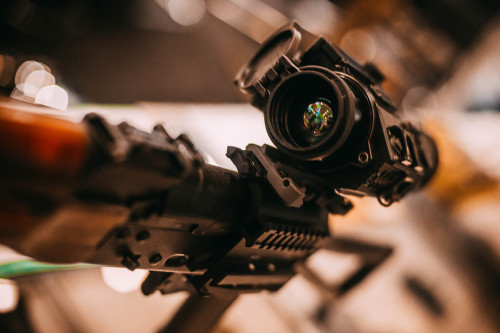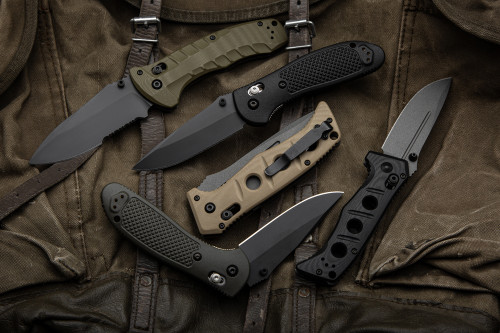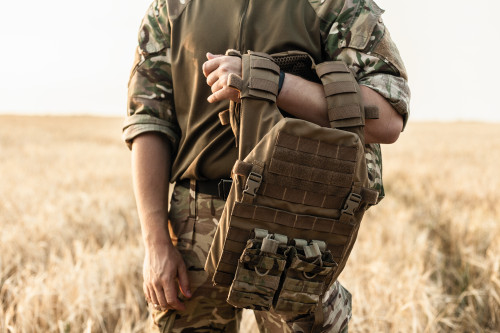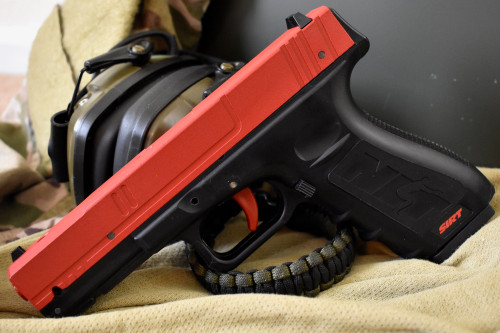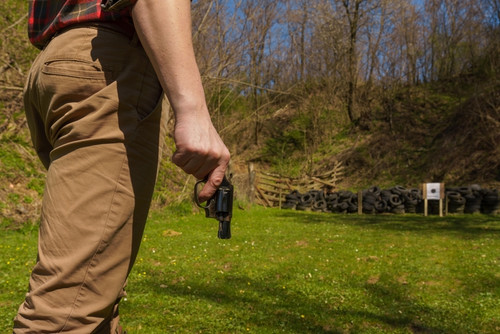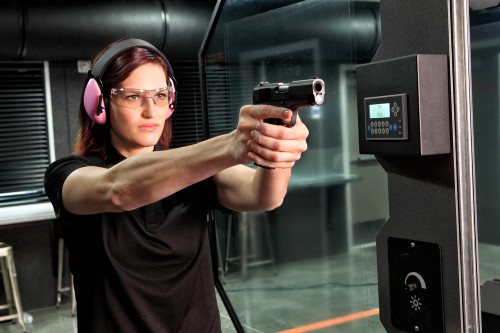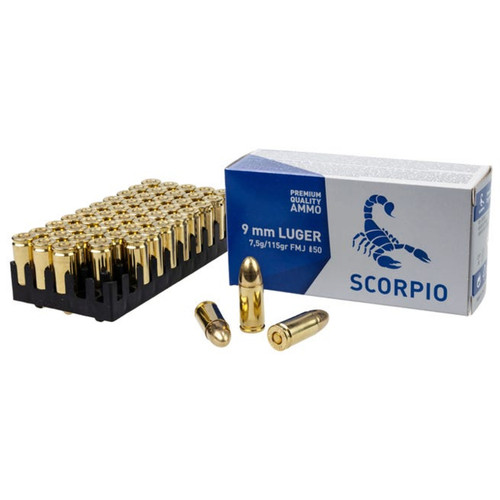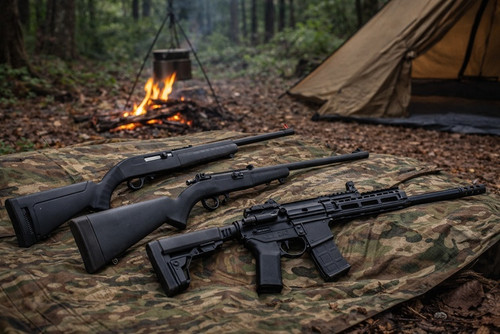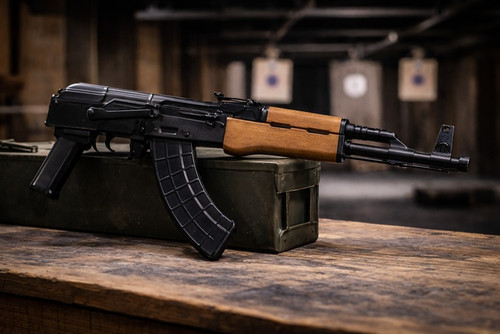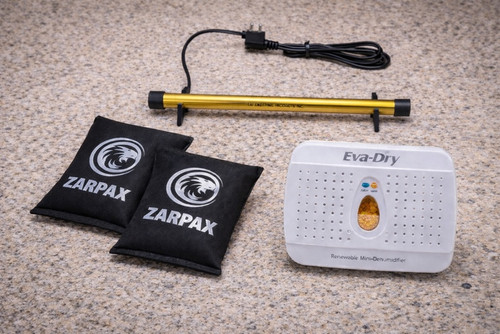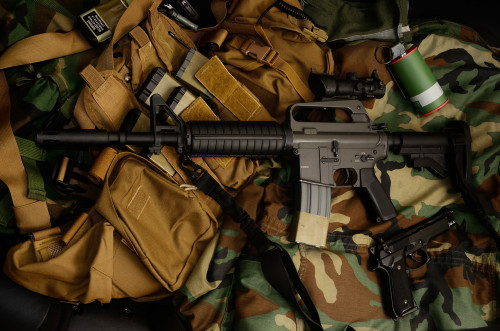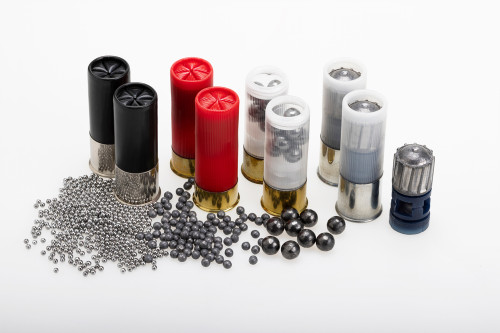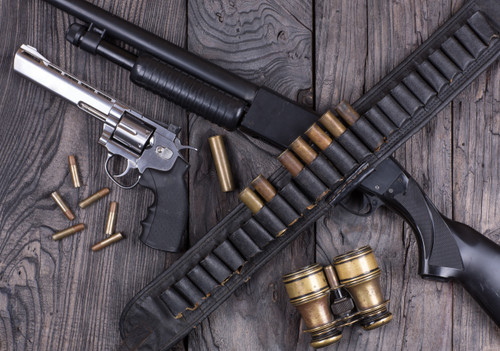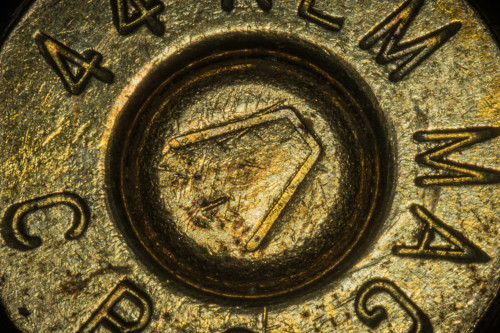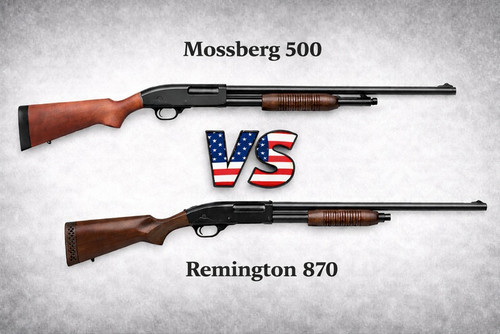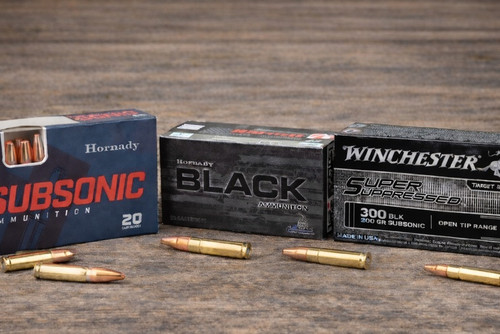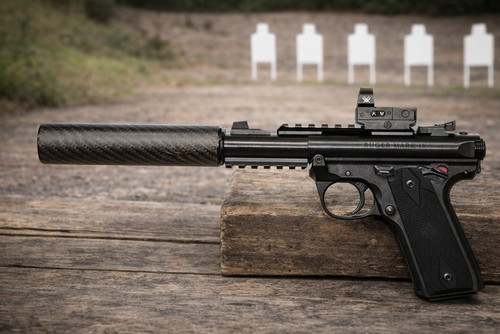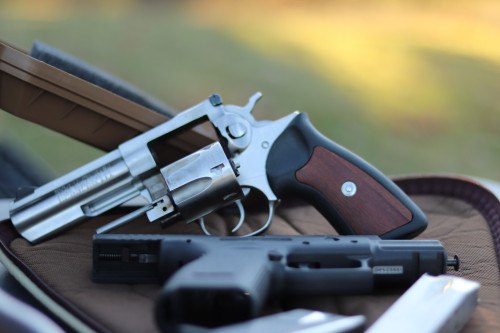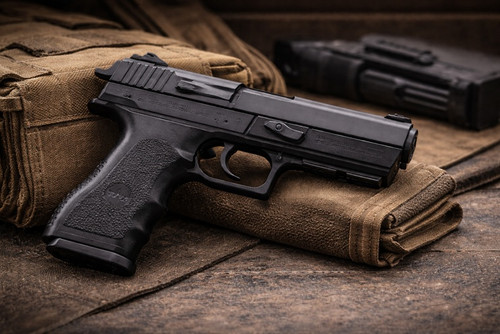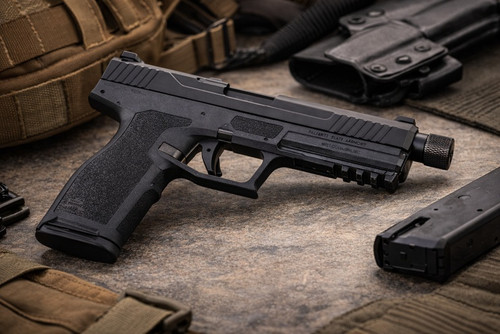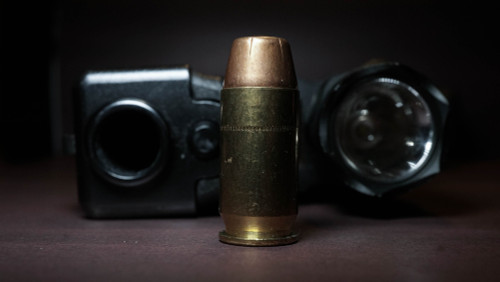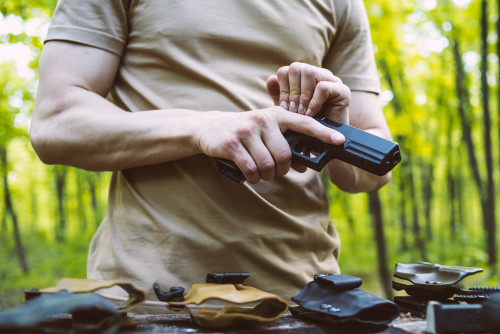Who Is Armscor—and What’s the Story with Their 9mm?
Chances are, if you’ve spent time looking for affordable 9mm—especially in bulk—you’ve come across Armscor. It’s the kind of brand that shows up in big stacks at gun stores or buried in the deals section of online retailers. At first glance, it might seem like just another no-frills budget option. But Armscor has a deeper track record than most give it credit for.
Armscor has been around for over a century, with roots in the Philippines and a U.S. manufacturing facility in Nevada. They’re also the company behind Rock Island Armory, best known for no-nonsense 1911s. In other words, they’re no fly-by-night outfit.
When it comes to 9mm, Armscor offers several load options aimed at keeping your magazines full without emptying your wallet. From basic FMJ loads in multiple bullet weights to their Jacketed Hollow Point (JHP) offerings for training or light carry use, the company’s goal is clear: give shooters affordable, reloadable, dependable ammo for everyday use.
Breaking Down the Armscor 9mm Lineup
Let’s take a look at what Armscor currently offers in their 9mm line:
| Load Type | Bullet Weight | Purpose |
|---|---|---|
| FMJ (Full Metal Jacket) | 115 gr | General target shooting, drills, training |
| FMJ (Full Metal Jacket) | 124 gr | Slightly softer recoil, useful for PCCs or carry practice |
| FMJ (Full Metal Jacket) | 147 gr | Subsonic option, ideal for suppressors |
| JHP (Jacketed Hollow Point) | 124 gr | Entry-level defensive use, barrier drills |
| JHP (Jacketed Hollow Point) | 147 gr | Heavier subsonic option for self-defense or suppressed pistols |
All Armscor 9mm ammo is brass-cased, boxer-primed, and non-corrosive. It's widely available in 50-round boxes and 1,000-round cases, with most offerings being standard pressure (no +P).
Where Armscor Makes Sense—and Where It Doesn’t
Armscor ammo plays in the budget range-tier space, but it brings a bit more polish than some of the competition. It’s made for range days, structured training, and high-volume sessions. The JHP loads offer an affordable way to test defensive cycling in your carry gun, though they’re not the first choice for EDC.
Here’s where Armscor really fits in:
| Use Case | Why It’s a Good Match |
|---|---|
| Weekly range sessions | Affordable enough for consistent training without overthinking cost |
| Classes or drills | Reliable feeding and decent accuracy across hundreds of rounds |
| Carry training with JHPs | Same profile as premium JHPs at a lower cost |
| Suppressed pistol or PCC use | 147 gr FMJ/JHP runs quieter and smoother |
| Reloading setups | Boxer-primed brass is good for multiple reuse cycles |
Where it doesn’t shine: match-level accuracy, ultra-clean burns, or high-stress defensive scenarios where proven performance is non-negotiable.
What It’s Like to Shoot Armscor 9mm
Reliability
In full-size pistols and modern compacts, Armscor cycles just fine. It feeds smoothly and ejects reliably, especially in stock setups. It also plays nice with pistol-caliber carbines. Across thousands of rounds, light strikes or feeding issues are rare—and that’s impressive for ammo that often comes in under 30 cents per round.
Recoil and Control
Recoil is mild and predictable, especially in the 124 and 147 grain loads. The heavier bullets tend to offer a softer push instead of a snap, which makes them excellent for practice if you carry similar-weight JHPs. The 147 gr FMJ in particular pairs well with suppressors for those who like a quieter range session.
Cleanliness
This is one of Armscor’s weaker spots, though not a deal-breaker. You’ll notice a little more powder residue than with domestic mid-tier ammo like Federal or Blazer Brass. After 200–300 rounds, your feed ramp and slide rails will show it. Just clean your gear like you usually would—this isn’t corrosive ammo, just a little dirtier than average.
Lot Consistency
For the price, Armscor holds up decently. Recoil, accuracy, and ejection are mostly uniform from box to box. You might feel a slight change in pop between lots, but nothing drastic or unsafe. The brass is also fairly consistent in weight and construction, which matters if you reload.
Disclaimer: These impressions reflect direct use and a wide pool of shooter feedback across public forums, retail reviews, and training environments. Performance may vary depending on the gun, maintenance habits, and shooting conditions.
Armscor 9mm Performance Rating
| Category | Rating (Out of 5) | Comments |
|---|---|---|
| Reliability | 4.0 | Rare malfunctions in stock pistols and PCCs |
| Accuracy | 3.7 | Training-level accuracy with acceptable group spread |
| Cleanliness | 3.3 | Runs slightly dirty, especially after 200+ rounds |
| Consistency | 3.6 | Minor batch variation, mostly steady |
| Reloadability | 4.3 | Brass is well-made and holds up through reloading |
Overall Rating: 3.8 / 5 – Solid, no-frills range and training ammo
Is Armscor 9mm Worth Buying?
For the average shooter who wants to train regularly and keep their wallet intact, Armscor makes a strong case. It delivers on the core needs: it’s affordable, feeds reliably, and gives you reloadable brass. The 124 and 147 grain loads, in particular, are great options if you want ammo that mimics carry rounds in weight and feel—without the cost of high-end hollow points.
If you’re looking for match accuracy or ultra-low-fouling loads, you’ll probably want to spend a bit more. But if your goal is to shoot more and stress less about cost? This stuff absolutely fits the role.
Compare Armscore 9mm 115gr with our Complete Maxxtech 9mm Ammo Review to see how two popular 115gr FMJ options stack up on reliability, brass quality, and price.”
Final Thoughts: Armscor 9mm Is a Smart Buy for Round-Counters
Armscor doesn’t make bold claims, and it doesn’t need to. It’s the kind of ammo that shows up, works, and lets you focus on your reps instead of your receipt. Whether you’re stocking up for a weekend class, breaking in a new handgun, or running reload drills, it performs where it matters.
The JHP options are a bonus for those who want to test cycling with carry-style ammo, and the subsonic 147 grain loads are a nice perk for suppressor owners. You won’t get premium polish, but you won’t be left with regrets either.
Final verdict: Armscor 9mm gives shooters exactly what they need—dependable, reloadable, budget-friendly brass for keeping skills sharp and mags full. It's not perfect, but it’s practical. And that’s why it keeps getting tossed into carts.
FAQs
1. Is Armscor 9mm ammo reliable?
Yes. Armscor 9mm is generally considered very reliable for training, range use, and recreational shooting. It feeds and cycles well in most modern handguns and PCCs, including Glocks, SIGs, and M&Ps. Occasional inconsistencies may occur in bulk lots, but functionally, it holds up well.
2. Is Armscor 9mm ammo clean or dirty?
It’s about average.** Armscor’s FMJ loads shoot relatively clean compared to some surplus or imported brands, though they do leave behind typical powder residue. It’s not match-grade clean, but it's perfectly manageable with regular cleaning habits.
3. Can I reload Armscor 9mm brass?
Yes. Armscor ammo uses boxer-primed, reloadable brass cases, and many shooters report success with 1–3 reloads per case. It may not be premium brass, but it holds up well enough for hobbyist reloaders.
4. Is Armscor 9mm good for self-defense?
Not really. Most of Armscor’s 9mm offerings are FMJ loads intended for the range. While they do offer a few JHP options, they’re not widely used or tested like premium defensive brands. Stick to Armscor for training, and use trusted names like Federal, Speer, or Hornady for carry ammo.
5. Where is Armscor 9mm ammo made?
Primarily in the Philippines and the USA. Armscor is a Philippine-based company with U.S. manufacturing operations in Stevensville, Montana. Depending on the specific lot, your ammo could come from either facility, both held to good quality control standards



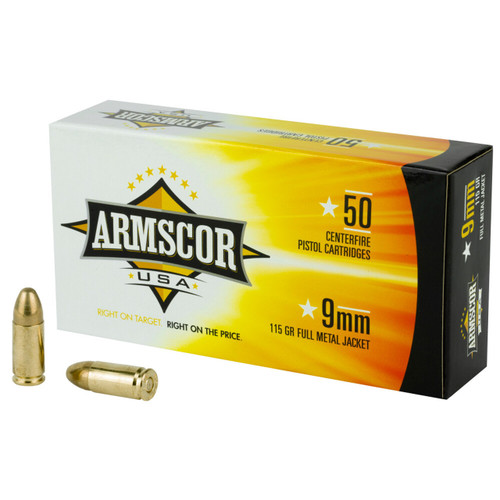
 Pro Armory Editorial Team
Pro Armory Editorial Team